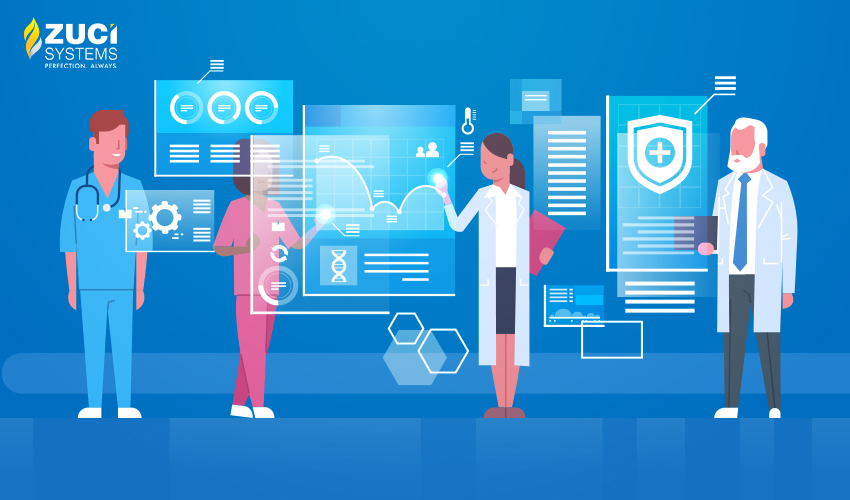Reading Time : 0 Mins
Do You Have Production Issues? Then, You Are Doing Well.
An INFJ personality wielding brevity in speech and writing.
It is good to dream about having production-related issues rather than having issues in production.

It is quite confusing right, let me help you understand the difference between production-related issues and issues in production. Here are characteristics of production-related issues,
Black Swan
Production issues are a black swan. We classify them as unknown unknowns because we can’t guess what had gone wrong until it has happened, and they usually carry an extreme impact.
In the incident’s aftermath, we try to rationalize an explanation for it and even venture to plan and predict its next occurrence.
High Value
Whether it is an issue in production- or production-related issues, both involve an inflated cost to fix; the difference lies in the value. The value that the production issues offers is a multitude of learning to the organization in entirety as opposed to fixing hardware or internet connectivity like issues in production.
Bring out the Go-Getters & Laggards
Production issues will bring out the go-getters/laggards in the engineering organization. When a production issue hits, it’s usually the go-getters who relish the issue, face it and fix it. They are an asset to the organization and especially during times like this; they add more value to the team.
These explain why having production-related issues are good. Despite continuous testing and continuous integration, these issues are inevitable.
The most common method we follow today to address this is Risk-based testing, which prioritizes and emphasizes the suitable test cases for deployment based on the perceived risk. But there is a 90% chance for the patch to fail again if the QAs don’t define test case scenarios rightly.
How do you prevent it from happening and reach maximum production coverage?
The World Quality Report states that “the most important solution to overcome increasing QA and testing challenges will be the emerging introduction of machine-based intelligence”
How Machine Intelligence Can augment Quality Assurance
Time and again we have seen that the QA team has become a saving grace in many a number of production issues. It is imperative that they are ought to be supported by a robust thinking system like Machine-based Intelligence. By complementing their test scenarios with automated test cases at sufficiently good volume have worked wonders in offering great production coverage.
Feeding the better data in forms of the past defect history, defect trends, etc. to the machine learning engine will help augment the test coverage by generating optimal test cases to DevOps and QA from the test cases suites.
And Zuci, with its patented intellectual property, is also building a shopping cart like recommendations to QAs from the pool of test suites like “Test cases you might like”, “More Test cases like this” etc. to improve the quality of testing.
Thus, Combined human and machine intelligence can provide a personalized feed of predictive and prescriptive insights into software performance and improve quality in production environments.
Though predicting and avoiding production issues completely can never really happen, incorporating combined intelligence can help to achieve maximum production coverage and also predict and detect defects early in the system.
Related Posts






















